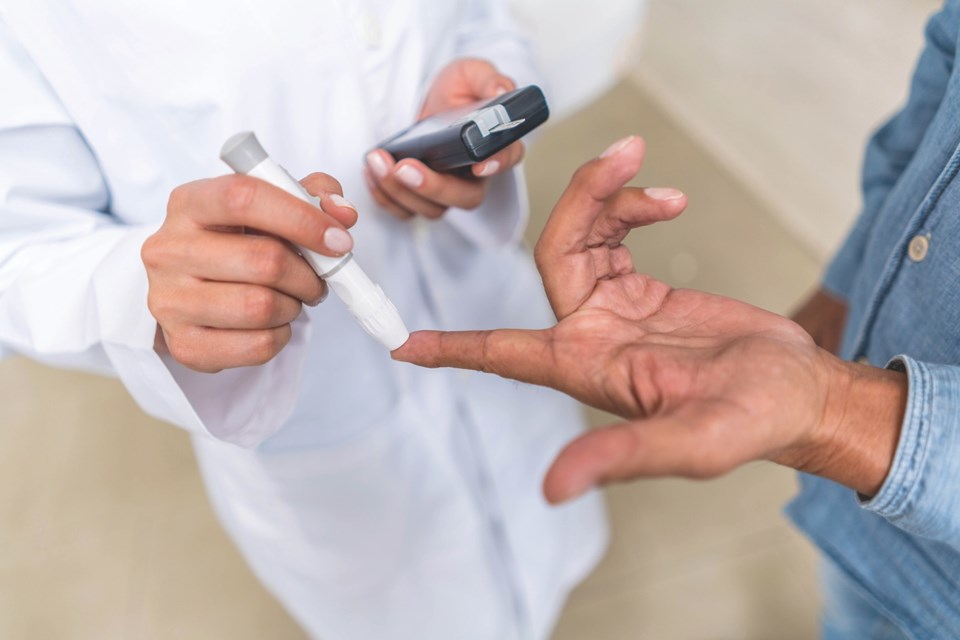Ontarians living with type 1 diabetes will get help to monitor their blood glucose levels with real-time continuous glucose monitors, the latest technology in diabetes care, through the province’s Assistive Devices Program.
“This year marks 100 years since insulin was first successfully used to treat diabetes right here in Ontario," said Christine Elliott, Minister of Health. "This lifesaving drug has helped countless people stay healthy, and we’re helping even more people living with diabetes.
Starting March 14, eligible Ontarians with type 1 diabetes can receive Assistive Devices Program funding for a continuous glucose monitor and the related supplies. Eligible individuals include those with type 1 diabetes who are at risk of severe hypoglycemia or who are unable to recognize, or communicate about, symptoms of hypoglycemia.
Traditional blood glucose meters require people to take blood samples using frequent finger pricks, which can be inconvenient, time-consuming and difficult to use during a severe hypoglycemic event. With a real-time continuous glucose monitor, individuals use a small sensor that automatically tests sugar levels every few minutes throughout the day and night.
These monitors do not require a blood sample through finger pricks, making it easier and more convenient for people to monitor their glucose levels and stay healthy. The continuous glucose monitors also include an alarm that will notify the individual, their family members, or a caregiver of low glucose levels, allowing them to take immediate action that can help prevent health emergencies.
To further support Ontarians living with diabetes, the government is also providing coverage for Baqsimi, a new rescue medicine for insulin-treated diabetics experiencing a severe hypoglycemic event, under the Ontario Drug Benefit program. The new nasal spray can be administered by a caregiver in the event that the person with diabetes is unable to do so themselves.
Diabetes is a disease in which the body either cannot produce insulin or properly use the insulin it produces. Insulin is a hormone produced by the pancreas to regulate the amount of glucose (sugar) in the blood.
Nearly 1.5 million Ontarians have diabetes. Most can lead healthy lives by managing their blood glucose levels, including taking insulin if needed



